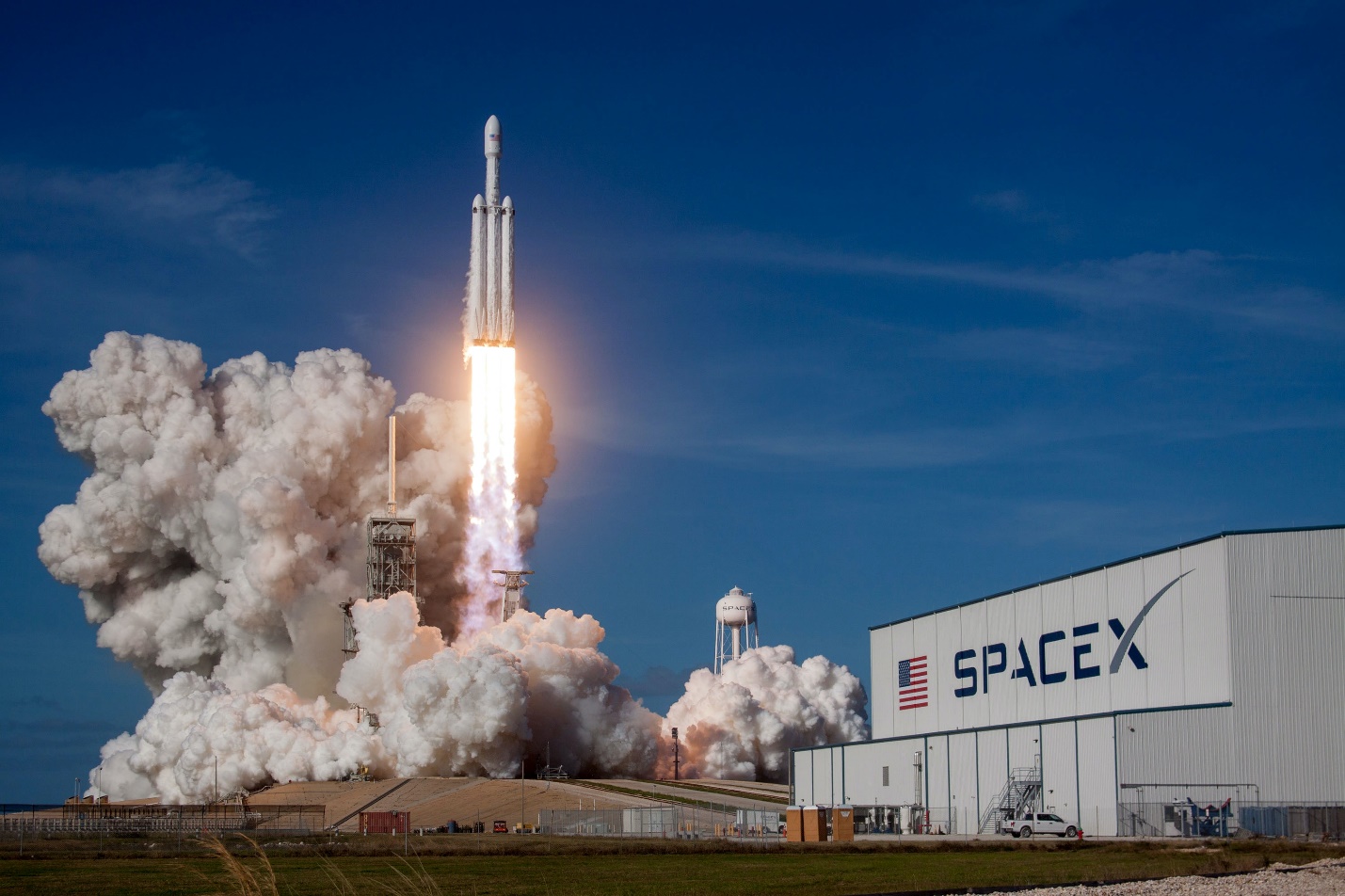Space: Investing in the Final Frontier

SPONSORED CONTENT
We’ve come a long way since the launch of the very first satellite in 1957. We’ve seen men walk on the moon, untethered space walks, the first completed Space X private enterprise flight, and five successful Mars rover missions, with the most recent robot touching down on the red planet in January 2021.
We live in an age where what was once science fiction is now science fact, and it’s obvious that our thirst for knowledge about stars, planets, and the universe we inhabit hasn’t dimmed in the 70+ years that humans have been involved in space exploration. In fact, the global space economy is expected to grow into a $1.1 trillion dollar industry within the next 20 years.
And that’s extremely good news for investors.
Governments created and dominated the industry for decades, beginning with the space race in the 1950s and 60s, but that has changed. The industry has evolved into one that’s increasingly dominated by large corporations instead, often in partnership with governments. There is now a huge demand for space-related products and services, including 5G communications, broadband, television navigation systems, weather systems, and internet and business communications.
In fact, private capital is investing billions in new technologies and opportunities because governments are leaning on private enterprise to help assist with projects that include everything from defense and satellites to the transportation of astronauts and payload to the International Space Station.

Why is private industry now taking a bigger share of space technology and transportation development? Because it’s done efficiently—not with taxpayer dollars—which drives down costs. That makes it very appealing to governments who are keen to award contracts to companies engaged in developing the kind of tech and engineering they require for space-related projects. It’s estimated that NASA alone currently has more than 300 contracts with private companies.
The emergence of space travel and tourism is also helping to drive the industry forward. Virgin Galactic is well on its way to offering space flights to consumers on a for-profit basis. In addition to being every space nerd’s dream come true, this hypersonic travel also has the potential to reduce international travel times by up to a whopping 80 percent. That means New York to Tokyo in just three hours—and a brand new demand for this kind of rapid globe hopping.
The space economy isn’t a fad or a hot trend—it’s the future, and one that investors might want to seriously consider if they’re looking to invest in a reliable growth industry that’s poised to rocket to the stars.
The first pure space innovation index ETF in Canada, Harvest Portfolio’s Group’s Harvest Space Innovation Index ETF (ORBT:TSX), brings a unique and exciting growth opportunity to investors. All Harvest ETFs are based on the underlying philosophy that true wealth is created by owning great businesses over the long term—ones that have demonstrated that they are, and will continue to be, leading organizations and strong global players.
This industry will have far reaching implications on human life and advancement, and we’re really only just beginning to see where space can truly take us.
Jump on board.
Disclaimer
Commissions, management fees and expenses all may be associated with investing in Harvest Exchange Traded Funds (managed by Harvest Portfolios Group Inc.). Please read the relevant prospectus before investing. The Fund is not guaranteed, its values changes frequently and past performance may not be repeated.
Certain statements in this communication are forward looking Forward-looking statements (“FLS”) are statements that are predictive in nature, depend upon or refer to future events or conditions, or that include words such as “may,” “will,” “should,” “could,” “expect,” “anticipate,” “intend,” “plan,” “believe,” or “estimate,” or other similar expressions. Statements that look forward in time or include anything other than historical information are subject to risks and uncertainties, and actual results, actions or events could differ materially from those set forth in the FLS.FLS are not guarantees of future performance and are by their nature based on numerous assumptions, which include, amongst other things, that (i) the Fund can attract and maintain investors and have sufficient capital under management to effect their investment strategies, (ii) the investment strategies will produce the results intended by the portfolio managers, and (iii) the markets will react and perform in a manner consistent with the investment strategies. Although the FLS contained herein are based upon what the portfolio manager believe to be reasonable assumptions, the portfolio manager cannot assure that actual results will be consistent with these FLS. Unless required by applicable law, Harvest Portfolios Group Inc. does not undertake, and specifically disclaim, any intention or obligation to update or revise any FLS, whether as a result of new information, future events or otherwise.



